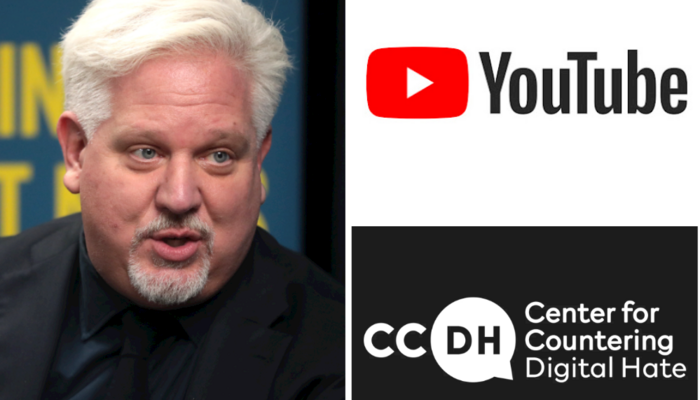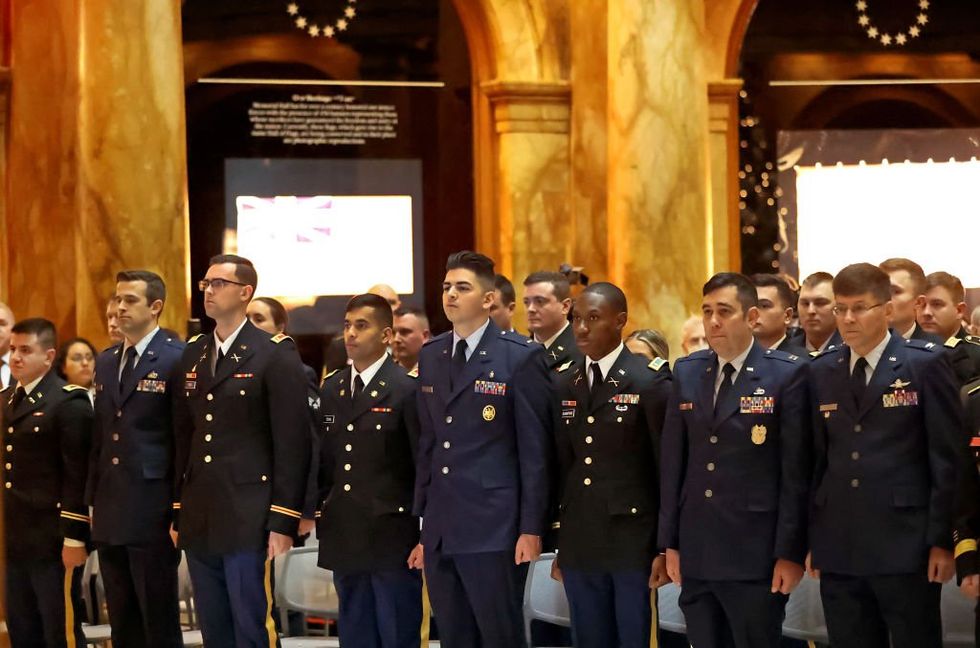
www.iflscience.com
Plan To House 30‚000 Lab Monkeys At Massive Facility In US Sparks Anger
Plans to build the largest monkey-breeding facility in the US have attracted anger and concern from animal welfare groups and local residents in Georgia. The giant complex is set to eventually house up to 30‚000 macaques – twice the human population of the local city – which will be sold to universities and pharmaceutical companies for drug testing and biomedical research.Safer Human Medicine (SHM) aims to build the 200-acre complex in Bainbridge‚ a small city in Decatur County‚ Georgia. The plan came closer to fruition in December 2023 when the Bainbridge City Council gave hefty tax breaks for the project to go ahead at the site. The facility will house cynomolgus macaques‚ aka crab-eating macaques (Macaca fascicularis)‚ in numerous large enclosures that will allow them some fresh air and sunlight‚ while remaining enclosed within secure fencing.The idea of sharing their city with thousands of macaques has not settled well with some residents. Along with concerns about the smell and noise‚ locals have voiced concerns about the possibility of environmental contamination and mass-monkey escapes.“I don’t think anybody would want 30‚000 monkeys next door‚” David Barber who lives just 120 meters (400 feet away) from the facility site‚ told local news outlets.“First I heard about it I worried about myself‚ what my property value is going to do‚ what it was going to do to our health‚ and then all of sudden it wasn’t about just me. It was really about all these people in this area‚” added Johnny Reynolds‚ another neighbor of the facility.“Stop the breeding facility. That’s our overall goal‚” he said.PETA has also chimed into the debate and joined the local protests against the facility. According to the animal rights group‚ Bainbridge residents filed a lawsuit on February 15 against the City of Bainbridge and other local authorities for approving the controversial plan. “In a bid to attract a few jobs—many of them low-paying and risking exposure to zoonotic diseases—city and county officials have rolled out the red carpet for an unethical plan by some questionable characters that could spell ecological disaster and potentially spark the next pandemic‚” Dr Lisa Jones-Engel‚ a primatologist and senior science advisor to PETA‚ said in a boldly worded statement.“PETA urges Bainbridge officials to withdraw their support and shut down this project before a shovel hits the dirt."SMH has defended its plan to build the facility in Bainbridge‚ claiming it would invest $270 million towards local infrastructure and create up to 250 new jobs in the area. In an open letter to local residents‚ the company answers several questions that people may have about the facility. They argue that animal testing is a reality of scientific research. Many researchers and scientific establishments still consider animal testing to be the most effective way to study drugs and hypotheses‚ as opposed to testing on computer models and lab-grown organoids (let alone humans). While it might not sit well with some people on ethical grounds‚ science owes many of its breakthroughs to animal testing.“Countless scientific benefits have resulted from animal research. Without animal research‚ we would not have chemotherapy drugs for cancer‚ high blood pressure medication‚ the ability to perform organ transplants‚ insulin drugs for those with diabetes‚ artificial joint replacements‚ drugs such as penicillin and other antibiotics‚ pacemakers‚ vaccines for COVID‚ polio‚ measles‚ rubella‚ and tetanus‚ and hundreds of other medical advances‚” SHM wrote in the open letter.Â












![Secure Foot Travel: Getting from A to B After the World Goes Sideways [Part 3]](https://www.survivopedia.com/wp-content/uploads/2024/02/shutterstock_1558913708_edited.jpg)




